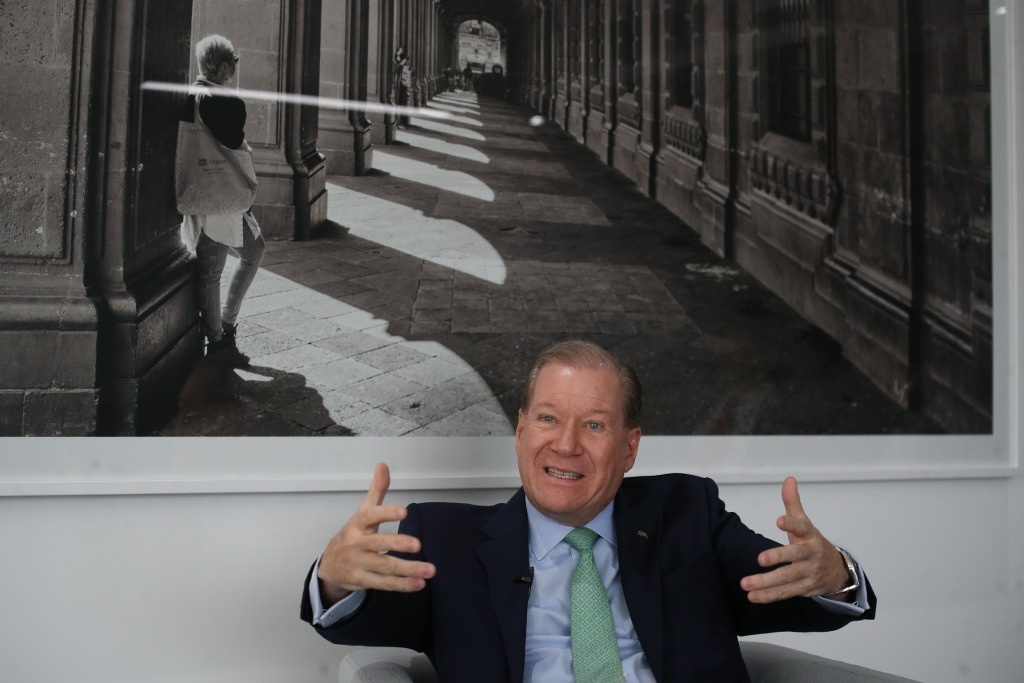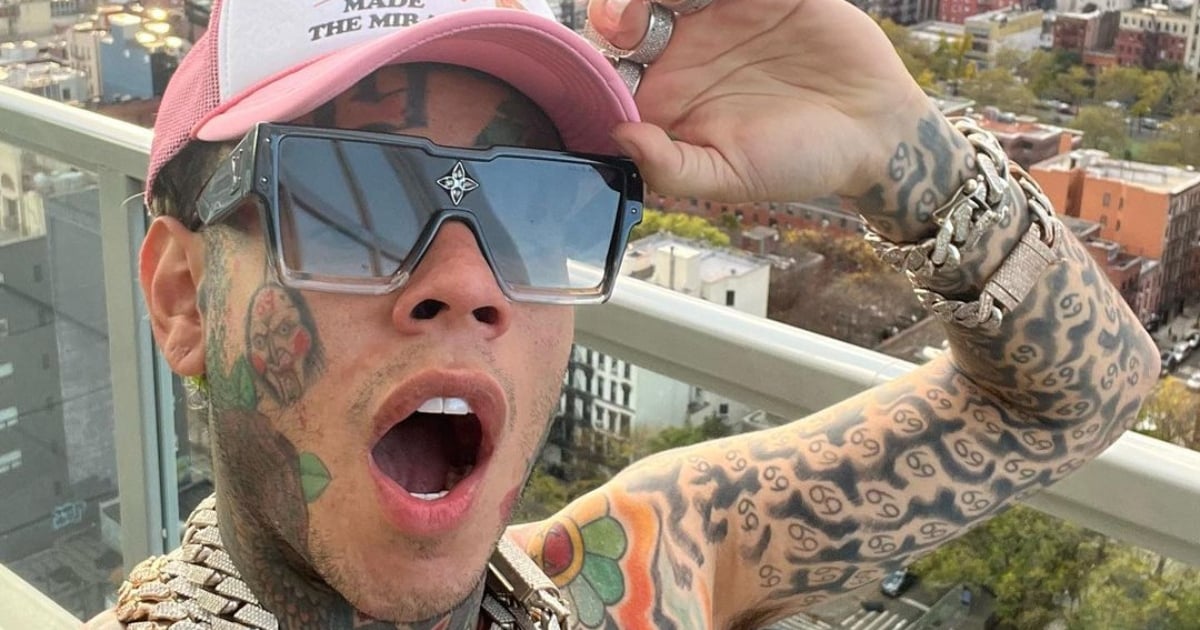The work “Sustainability of the Fishing Sector in the Valencian Community: The Challenge of Changing Generations”, carried out by Andrea Marques, a master’s student in Environmental Assessment and Monitoring of Marine and Coastal Ecosystems taught at the Gandia Campus. The Polytechnic University of Valencia (UPV) received first prize in the 4th edition of the Awards for the Professional College of Environmental Sciences of the Community of Valencia (CoAmbCV), in the category of Best Final Master Project.
“Receiving the award is recognition of the research behind the numerical results and the interviews in which many people participated. It is also an acknowledgment of the problems we are trying to clarify and explain.”
The challenge of changing generations in the fishing sector
In this work, studied by Professor Paloma Herrera, it is noted that the problems experienced by the fishing sector are compounded by a problem that has barely been addressed, but which seriously threatens the viability of small-scale fisheries: the alteration of generations.
“This problem is not limited to fishing,” Marquez emphasized, “but it has been happening for decades in all activities of the primary sector.” However, “fishing policies focused their attention on environmental and economic problems”, which “contributed to the lack of knowledge and studies on generational change and the absence of labor entry mechanisms to meet this challenge.” Once the problem is identified and the numerical data collected, it follows that “by 2025 there will be a 35% reduction in the number of crew members and a 31% reduction in the number of boats compared to 2019”.
In this paper, we have obtained contributions from the main fishing associations of the ports of Benicarlo, Colera, Dounia, Gandia, Sagunto and Capia, who argue, in addition to the structural problems that increase the economic instability of the sector, “The increasing presence of tourists in coastal municipalities, the uncontrolled access of recreational boats and fishing The athlete directly interferes with the performance of fishing tasks that are carried out in areas closer to the coast. ” Faced with this situation, “the fishermen feel abandoned and underappreciated by the management” and, accordingly, “fishing has become a very unattractive or not at all attractive occupation for young people”.
Other obstacles identified were “the establishment of mandatory training courses to allow for inward boarding, the patriarchal family nature of the activity, the masculinization of the sector or the preferences shown by new generations for other occupations”.
alternatives to sustainable fisheries
Marquez’s study also compiled a series of strategies that would make it possible to restore structural balance and achieve sustainability in this sector. “There are many measures that have been adopted from the European Union,” however, they have not helped to increase the attractiveness of the activity in order to attract younger generations. For this reason, it is proposed to establish an appropriate form of cooperation, create salary allowances, implement information campaigns targeting the public and specific campaigns for hotel and school owners in order to promote the consumption of fresh fish and seafood, as well as awareness campaigns for women’s work in fishing or the integration of the profession of fishermen into professional training.
Fourth Edition of the CoAmbCV Awards
The jury for the fourth edition of the CoAmbCV Awards is composed of Pablo Martinez and José Toledo, President and Senior Vice President of CoAmbCV respectively; Cristina Marti, representative of the Polytechnic University of Valencia (UPV); Carlos Franco of the University of Valencia (UV). Fuensanta García, of the Universidade Miguel Hernández de Elche (UMH) and Carlos Rivero, as a representative for the field of environmental communications and Javier Sancho, as a representative for the field of business innovation.

“Social media evangelist. Student. Reader. Troublemaker. Typical introvert.”



:quality(85)/cloudfront-us-east-1.images.arcpublishing.com/infobae/AW74VGC6AZ5FOSMHDWND4VPFZM.jpg)
:quality(70)/cloudfront-us-east-1.images.arcpublishing.com/metroworldnews/YEKT4GIF6ZCLNNUTTAMSAPSZEY.jpg)


More Stories
Augusto Pirtel will give a Master's presentation at the Faculty of Economic Sciences at UNMSM
The Science of Demand cycle returns to Salas with momentum and popularity
Page title. Maximum 60-70 characters